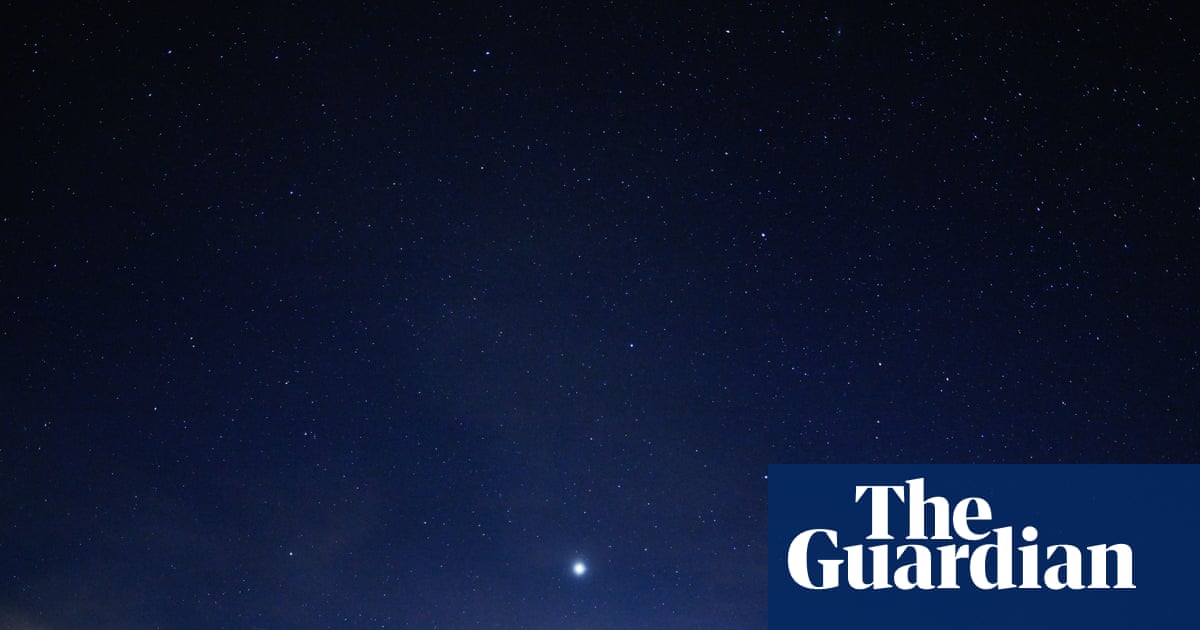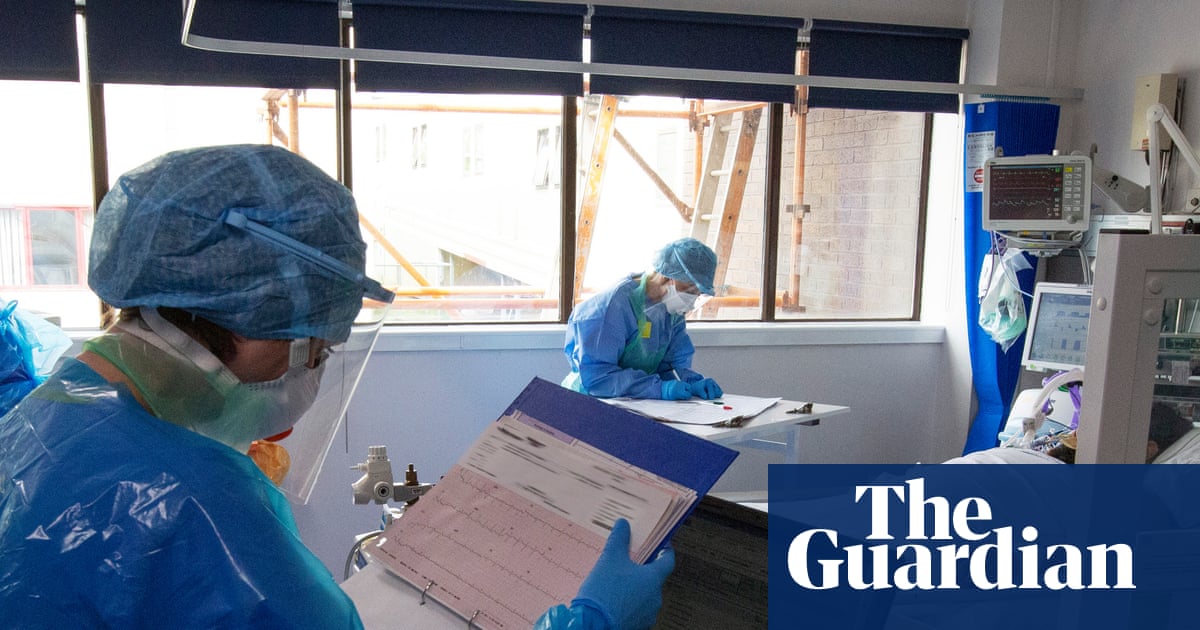
South Africa is home to the largest tunnel in Africa and it’s getting major upgrades
The project to upgrade the tunnel is expected to be completed within five years.
WEDNESDAY, 04 MARCH 2026, 01:40

The project to upgrade the tunnel is expected to be completed within five years.

Syntech Distribution’s directors, Craig Nowitz and Ryan Martyn, unpack the PC component price crisis.

Takealot Marketplace merchants and customers alike are reporting that the platform is awash with sellers from China offering items at lower prices but with much longer delivery times.

Home Affairs has upgraded its citizenship reinstatement portal and it will provide a real-time notification informing users that they can proceed to apply for a smart ID card.

Microsoft shares were downgraded for the second time in less than a week as Wall Street grows increasingly wary about the potential disruption software stocks face from artificial intelligence.

With medication largely unaffordable in the country, experts hope community support and a change in diet could reduce soaring type 2 diabetes rates
A return to the traditional lentil and rice dishes that have nourished generations of Nepalis could save them from a diabetes epidemic prompted by the influx of western junk foods, doctors have said.
In a country where one in five of those over 40...

The deal will help FlySafair — which controls more than 60% of domestic seat capacity — address regulatory pressure to meet South African ownership rules.

Communications minister Solly Malatsi says sufficient guidelines and enforcement mechanisms must be established before South Africa can age-restrict social media.

Built on aviation discipline. Powered by 10Gbps XGSPON. Defined by self-reliance.

Throwback Cinema is part of broader efforts to revitalise Ster-Kinekor’s business, which has struggled with declining attendance due to the rising popularity of on-demand video streaming services.

In the past few years, a handful of companies have emerged as rooftop solar giants in South Africa, installing hundreds of megawatts of power that contribute meaningfully to reducing load-shedding.

Cirrus Bridge is a South African software development company that builds high-quality mobile apps, platforms, and AI-enabled solutions for clients across the world.

YouTube star Jimmy “MrBeast” Donaldson acquired Step, a financial services company catering to young people.

Pick n Pay has released a trading statement for the 48 weeks ended 1 February 2026, and it expects another big loss.

Management at the destination says ride-hailing driver behaviour, including driving slowly while looking at their phones, is causing major frustration.

The first of 1,000 all-electric and autonomous Toyota bZ4X compact crossovers with Pony AI tech has rolled off the assembly line at a joint venture between Toyota and Guangzhou Automobile Group.

Siyabulela “Siya” Xuza almost set his mom’s kitchen aflame while creating rocket fuel at the age of 16.

The release of the latest batch of documents relating to the late child sex offender Jeffrey Epstein has shed further light on his close relationship with the world of science. To find out why he cultivated scientists and where his interests lay, Ian Sample hears from Dan Vergano, a senior editor at Scientific American.
Clips: Al Jazeera
Support the Guardian: theguardian.com/sciencepod
...

Celestial spectacle will be at its most impressive on 28 February, when Mercury, Venus, Jupiter, Saturn, Uranus and Neptune will align across the sky
Space enthusiasts are in for a treat at the end of this month as six planets will appear close together in the night sky.
The phenomenon, known as a planet parade or planetary alignment, occurs when at least four or five planets can be seen...

Codehesion, voted South Africa’s most trusted software development company, helps companies to modernise their mobile apps and give them a fresh look and feel.

Being unhealthy weight raises risk of severe illness or death from most infectious diseases significantly, researchers find
People living with obesity are 70% more likely to be hospitalised by or die from an infection, with one in 10 infection-related deaths globally linked to the condition, research suggests.
Being an unhealthy weight significantly increases the risk of severe illness and...